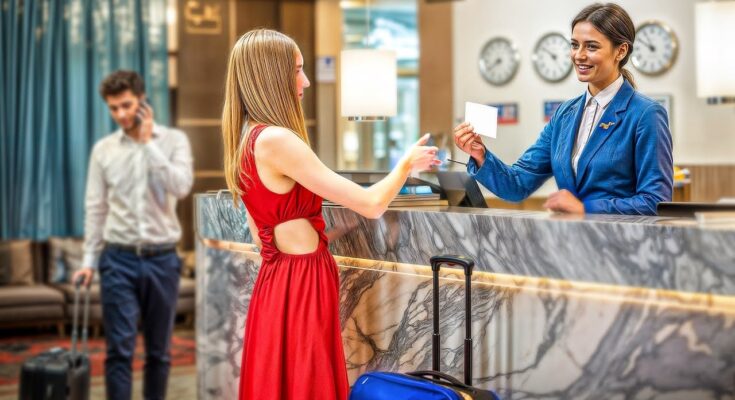Whether you’re traveling for business or leisure, knowing the right hotel vocabulary can make your experience smoother, more enjoyable, and less stressful. From checking in to checking out, a hotel visit involves a range of interactions, services, and amenities that require clear communication. For English language learners, having a strong understanding of hotel-related words and phrases is essential. In this article, we’ll explore a wide range of hotel vocabulary, including room types, services, staff roles, common phrases, and useful tips to apply this language in real-life situations.
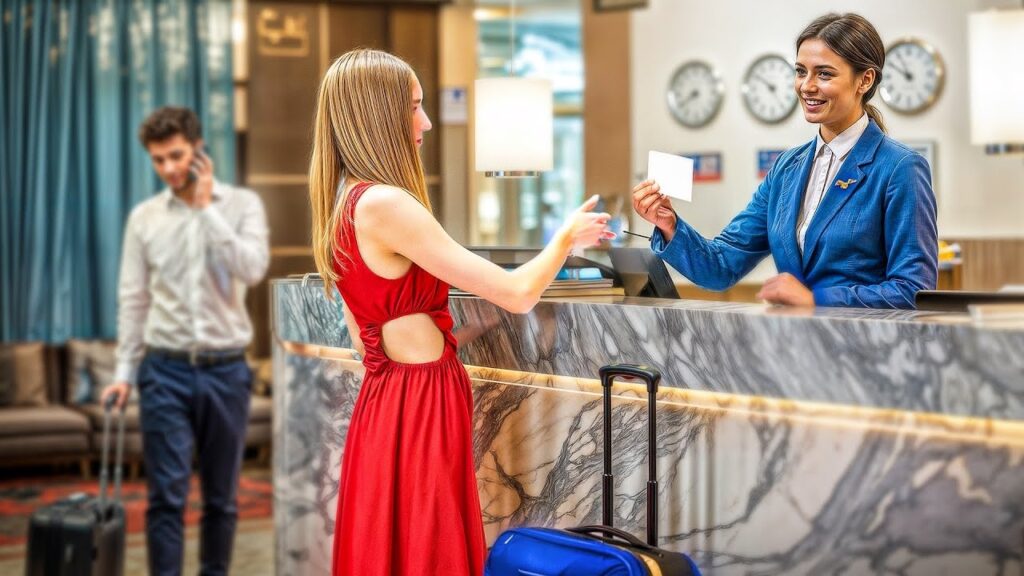
1. Types of Hotels
Understanding the different types of hotels is the first step in navigating the hospitality industry or planning a trip.
- Hotel – A general term for paid accommodation, usually offering rooms, services, and amenities.
- Motel – A type of hotel typically located along highways with rooms that open directly to the parking area.
- Resort – A hotel with extensive recreational facilities such as pools, spas, restaurants, and entertainment.
- Hostel – A budget-friendly lodging where guests often share rooms and bathrooms.
- Boutique Hotel – A small, stylish hotel with unique décor and personalized service.
- Bed and Breakfast (B&B) – A small establishment offering overnight accommodations and breakfast.
- Inn – A traditional term for a small lodging place, often in rural areas.
2. Types of Rooms
Different travelers have different needs, and hotels offer various room types to suit them.
- Single Room – A room with one single bed for one person.
- Double Room – A room with one double bed or two single beds for two people.
- Twin Room – A room with two separate single beds.
- Suite – A larger, more luxurious room that may include a living area, kitchenette, or multiple bedrooms.
- Deluxe Room – A more upscale room with better amenities or a larger size than standard.
- Connecting Rooms – Two rooms with a door between them, ideal for families or groups.
- Accessible Room – A room adapted for guests with disabilities.

3. Common Hotel Facilities and Amenities
Hotels provide a variety of amenities to enhance a guest’s stay. Here are some useful terms:
- Lobby – The main entrance area of a hotel.
- Reception – The front desk where guests check in and out.
- Concierge – A staff member who assists guests with services like booking tours or making reservations.
- Housekeeping – The department responsible for cleaning rooms and common areas.
- Laundry Service – A service where guests can have their clothes washed or dry cleaned.
- Room Service – Food or drinks delivered directly to the guest’s room.
- Mini-Bar – A small fridge in the room stocked with snacks and beverages.
- Fitness Center / Gym – A place in the hotel for exercise and workouts.
- Spa – A facility offering massages, facials, and wellness treatments.
- Business Center – A space with computers, printers, and meeting rooms.
- Wi-Fi – Wireless internet access (often free, but sometimes charged).
- Pool – Swimming pool available to guests.
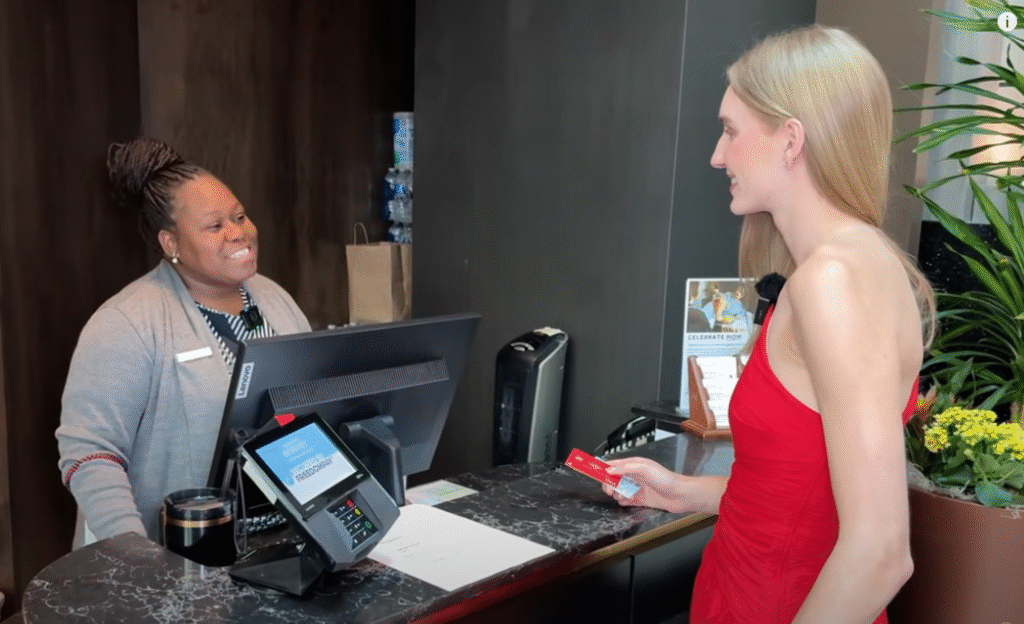
4. Hotel Staff Titles
Understanding the roles of hotel employees helps you communicate better during your stay.
- Receptionist – Greets guests, handles check-ins and check-outs.
- Bellhop / Porter – Carries luggage to and from the rooms.
- Housekeeper – Cleans rooms, changes linens, and restocks toiletries.
- Manager – Oversees the overall operations of the hotel.
- Valet – Parks and retrieves guests’ cars.
- Concierge – Assists with guest needs outside the hotel (restaurants, tours, etc.).
- Doorman – Opens doors, hails taxis, and welcomes guests.
5. Booking Vocabulary
Booking a hotel room requires knowledge of specific terms and phrases.
- Reservation – An arrangement to have a room available at a specific time.
- Availability – Whether a room is free on certain dates.
- Check-in – The process of registering and getting your room key.
- Check-out – The process of leaving and paying for your stay.
- Confirmation Number – A code given to confirm your reservation.
- Deposit – An amount paid in advance to secure a room.
- Cancellation Policy – The rules about cancelling a reservation (e.g., free within 24 hours).
- No-Show – A guest who doesn’t arrive or cancel their reservation.
- Walk-In – A guest who comes without a reservation.

6. Room Features and Vocabulary
Here are words you may hear or see describing your room:
- Bed Types – King, Queen, Double, Twin, Bunk Beds
- Pillow – Soft head support on the bed
- Linen – Sheets, pillowcases, and towels
- Toiletries – Shampoo, soap, conditioner, lotion, etc.
- Closet / Wardrobe – Space to hang clothes
- Safe – A secure box for valuables
- Air Conditioning (AC) – Cooling system
- Heating – System for warmth
- TV Remote – Device to control the television
- Balcony / Terrace – Outdoor space connected to the room
7. Useful Phrases at the Hotel
Here are some helpful phrases you can use when staying at a hotel:
Making a reservation
- “I’d like to book a room for two nights.”
- “Do you have any rooms available on the weekend?”
- “Is breakfast included in the price?”
- “What is your cancellation policy?”
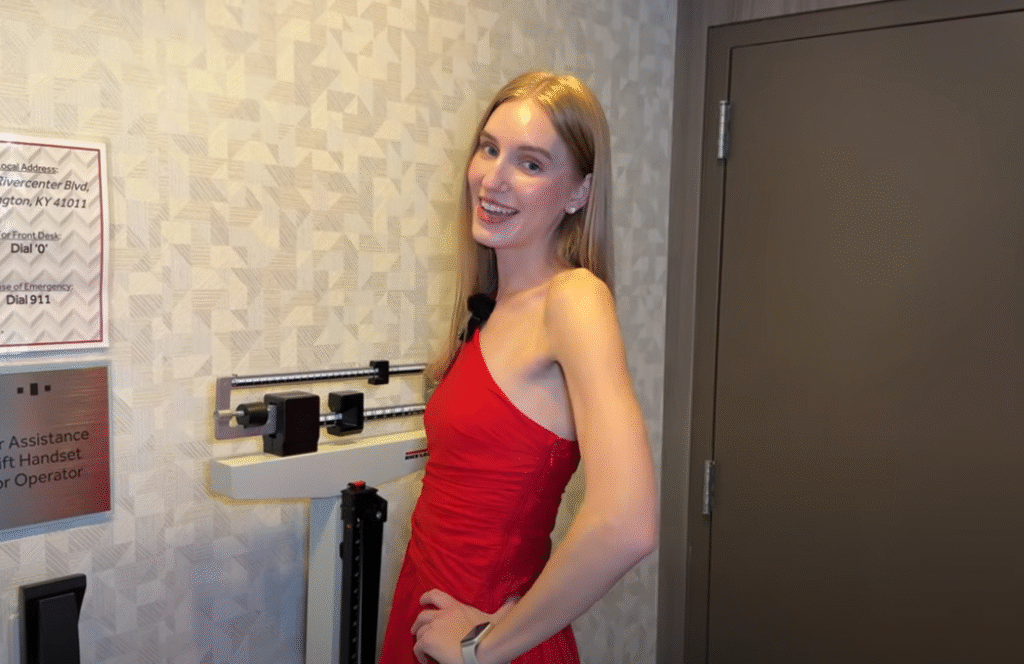
Checking in
- “I have a reservation under the name Smith.”
- “Can I check in early?”
- “Do you need my ID or passport?”
During your stay
- “Can I have more towels, please?”
- “There’s an issue with the air conditioning.”
- “What time is breakfast served?”
- “Can you recommend a good restaurant nearby?”
Checking out
- “I’d like to check out, please.”
- “Can I leave my bags here until my flight?”
- “Can I get a copy of my receipt?”
8. Common Hotel Problems and Complaints
Sometimes things go wrong. Here’s how to describe problems clearly:
- “The room hasn’t been cleaned.”
- “There’s no hot water in the shower.”
- “The Wi-Fi isn’t working.”
- “The room is too noisy.”
- “I asked for a non-smoking room.”
Being polite and calm when making a complaint usually results in quicker and better service.
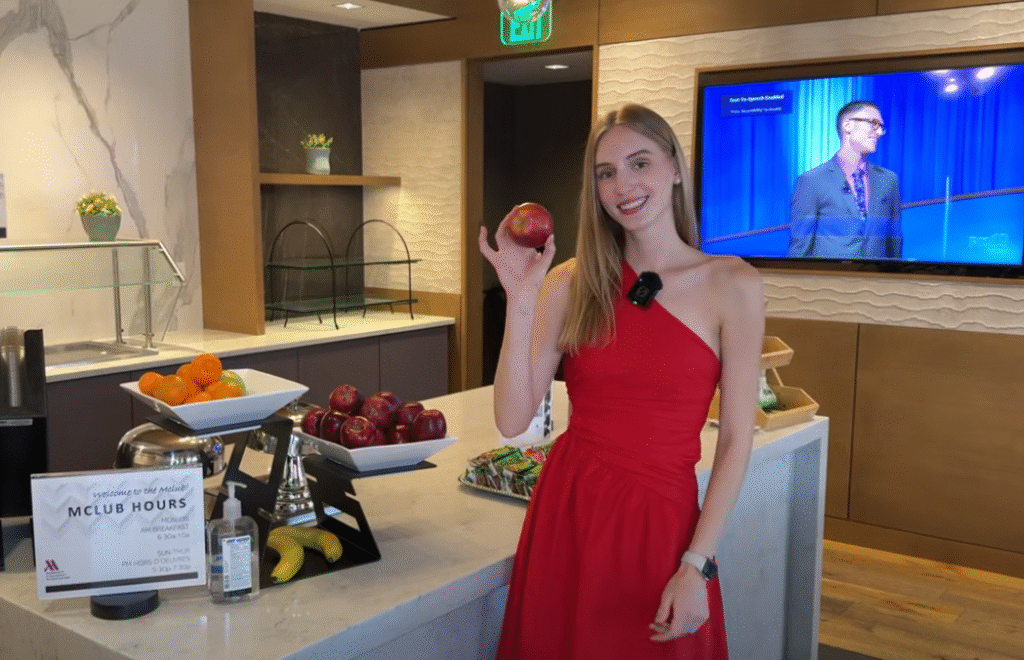
9. Tips for Remembering Hotel Vocabulary
Learning vocabulary is easier when it’s applied. Here are some study tips:
- Flashcards – Use apps or paper cards with hotel terms.
- Role-play – Practice check-in or check-out conversations with a partner.
- Watch videos – Look for YouTube clips of hotel interactions.
- Use real situations – When traveling, try speaking English with hotel staff.
- Keep a travel journal – Write about your hotel experiences using new vocabulary.
Conclusion
Hotels are more than just a place to sleep—they’re a complex world full of services, people, and experiences. Whether you’re traveling, working in hospitality, or just improving your English, mastering hotel vocabulary helps you interact confidently and effectively. From booking a room to requesting extra towels, knowing the right words opens doors—literally and figuratively.
So next time you find yourself at a reception desk, you’ll be ready to say, “I have a reservation, and I’d like a late check-out, please!”
